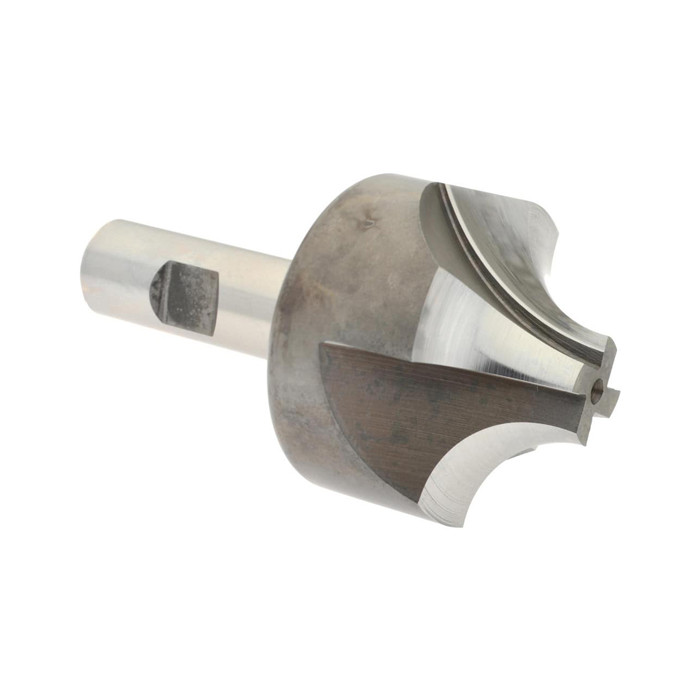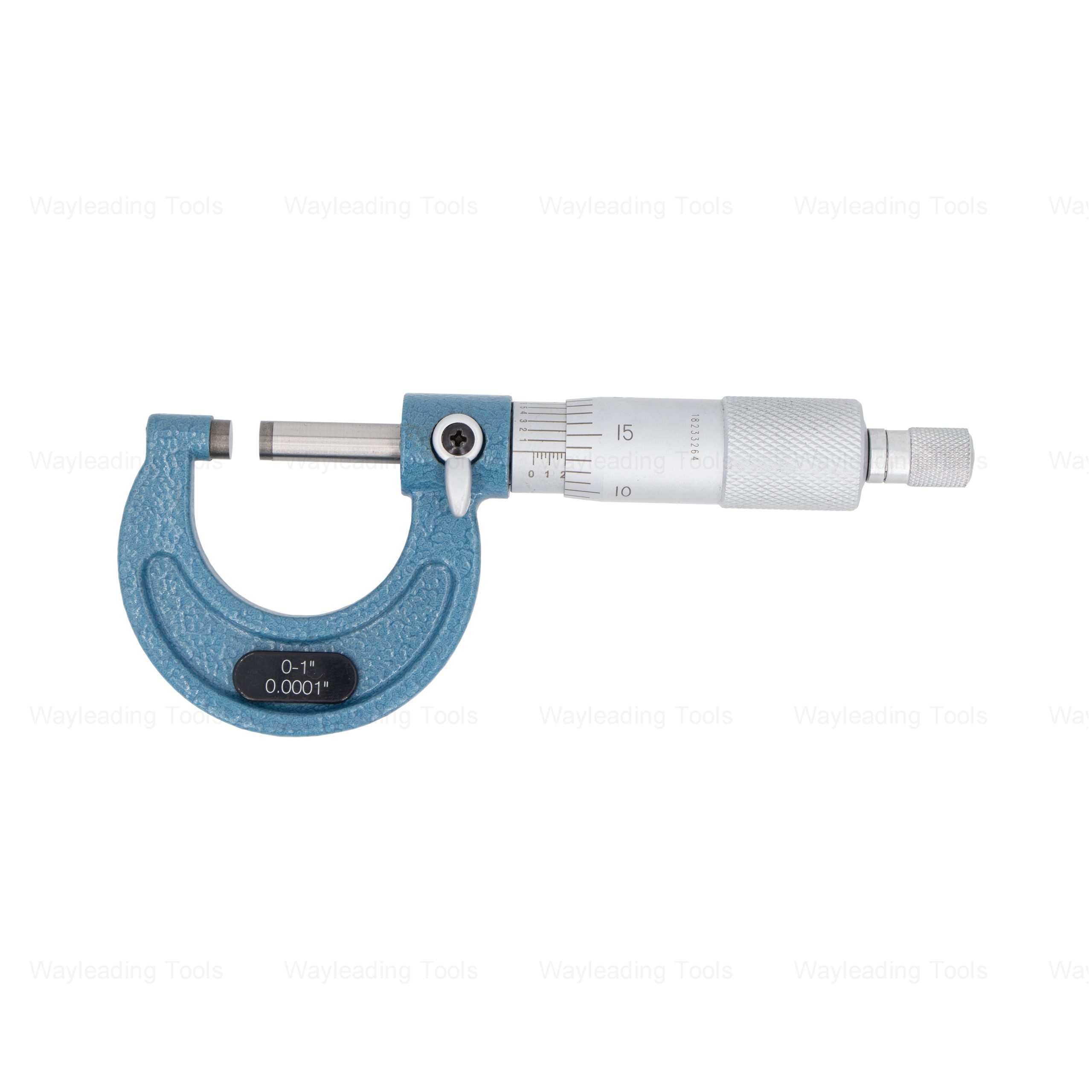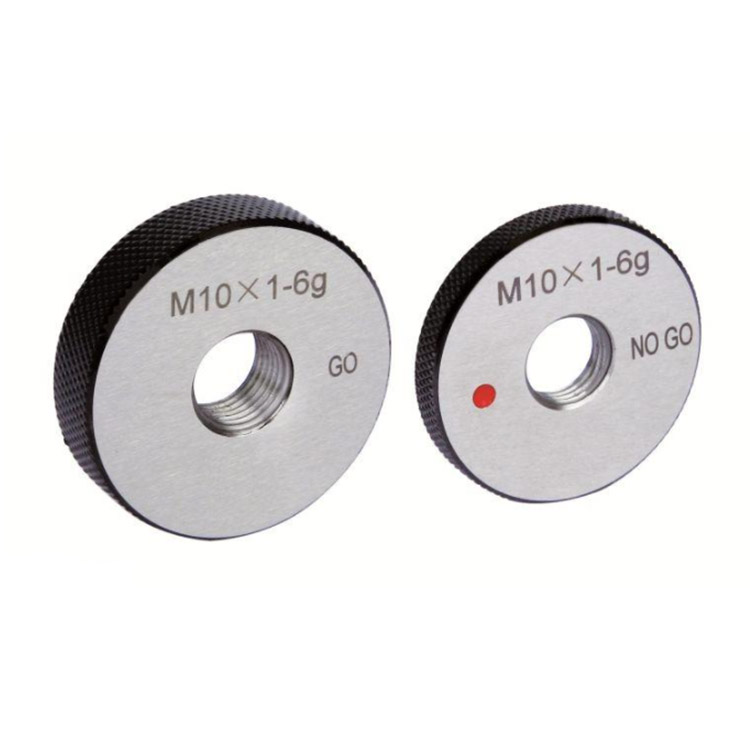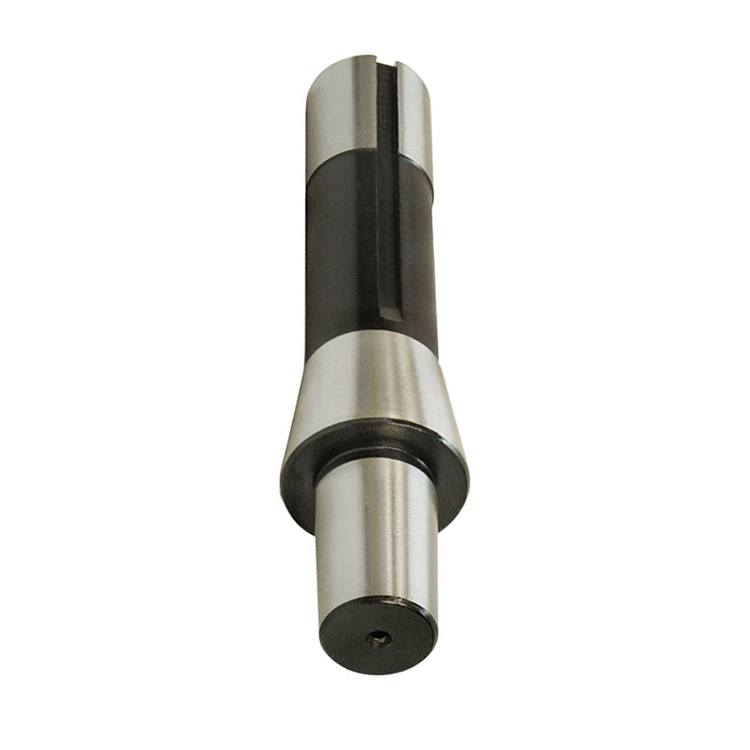parting and grooving tool holder Factory
Parting and grooving tool holders are essential components in machining operations, designed to securely hold parting and grooving tools and enable precise and efficient material removal. Factors like tool stability, coolant delivery, and ease of tool change influence optimal performance. Selecting the right parting and grooving tool holder is crucial for achieving desired surface finishes and dimensional accuracy in manufacturing processes.
Understanding Parting and Grooving Tool Holders
Parting and grooving tool holders are specialized tool holders used in machining operations, primarily on lathes and turning centers. Their primary function is to securely hold parting (cutoff) tools and grooving tools, enabling controlled and accurate material removal to create grooves, slots, or to separate a finished part from the stock material. These tool holders are designed to withstand the forces generated during these operations and provide stability for the cutting tool.
Key Features of Quality Parting and Grooving Tool Holders
When selecting a parting and grooving tool holder, consider these critical features:
- Rigidity: The holder must be rigid to minimize vibration and chatter during cutting, ensuring a smooth and accurate finish.
- Clamping Mechanism: A secure and reliable clamping mechanism is crucial to prevent tool slippage and ensure consistent performance.
- Coolant Delivery: Effective coolant delivery channels direct coolant to the cutting edge, reducing heat, lubricating the cut, and extending tool life. Internal coolant channels are preferable.
- Interchangeability: Compatibility with various parting and grooving tool sizes and shapes provides versatility.
- Ease of Use: Quick and easy tool changes minimize downtime.
Types of Parting and Grooving Tool Holders
Several types of parting and grooving tool holders are available, each designed for specific applications and machine types.
Blade-Type Holders
Blade-type holders use a thin, replaceable blade made of high-speed steel or carbide. These holders are suitable for shallow grooving and cutoff operations. Blades are typically clamped along their length for improved stability. These are often more economical initially but blade replacement costs need consideration.
Cartridge-Type Holders
Cartridge-type holders use a self-contained cartridge that holds the cutting tool. These holders offer improved rigidity and are suitable for deeper grooving operations. They allow for quick tool changes and are often used in CNC machines. This type is common with many parting and grooving tool holder factories due to their versatility.
Modular Tooling Systems
Modular tooling systems offer the highest flexibility, allowing you to quickly change tool holders and adapt to different machining operations. These systems are typically used in high-production environments where quick changeover is essential. Look for systems with precision locking mechanisms for optimal performance.
Selecting the Right Parting and Grooving Tool Holder: Factors to Consider
Choosing the correct parting and grooving tool holder is crucial for achieving optimal performance and productivity. Consider the following factors:
Machine Type and Size
Ensure the tool holder is compatible with your lathe or turning center. Check the shank size and mounting style. Larger machines typically require more robust tool holders.
Grooving Depth and Width
Select a tool holder that can accommodate the required grooving depth and width. The tool holder should provide adequate support for the cutting tool to prevent vibration and deflection. Deeper grooves require stronger, more rigid holders.
Material Being Machined
The material being machined affects the choice of tool holder. Harder materials require more rigid tool holders and cutting tools. Consider using carbide inserts for machining hardened steels or abrasive materials.
Coolant Delivery System
Effective coolant delivery is essential for parting and grooving operations. Choose a tool holder with internal coolant channels to direct coolant to the cutting edge. This helps reduce heat, lubricate the cut, and extend tool life. Contact Wayleading Tools at www.wayleading.com for customized coolant solutions.
Tool Change Time
Minimize tool change time to improve productivity. Quick-change tool holders and modular tooling systems can significantly reduce downtime.
Troubleshooting Common Parting and Grooving Issues
Even with the right tool holder and cutting tool, you may encounter problems during parting and grooving operations. Here are some common issues and solutions:
Chatter and Vibration
Chatter and vibration can result in poor surface finish and reduced tool life. Causes include:
- Inadequate tool holder rigidity
- Excessive cutting speed or feed rate
- Worn or damaged cutting tool
- Insufficient coolant delivery
Solutions include:
- Using a more rigid tool holder
- Reducing cutting speed or feed rate
- Replacing the cutting tool
- Increasing coolant flow
Tool Breakage
Tool breakage can be caused by:
- Excessive cutting forces
- Tool wear
- Inadequate coolant delivery
- Interrupted cuts
Solutions include:
- Reducing cutting depth or feed rate
- Replacing the cutting tool regularly
- Ensuring adequate coolant flow
- Avoiding interrupted cuts
Poor Surface Finish
A poor surface finish can be caused by:
- Chatter and vibration
- Tool wear
- Incorrect cutting parameters
Solutions include:
- Addressing chatter and vibration issues
- Using a sharp cutting tool
- Optimizing cutting parameters (speed, feed, depth of cut)
Working with a Parting and Grooving Tool Holder Factory
When sourcing parting and grooving tool holders, consider working directly with a parting and grooving tool holder factory. This offers several advantages:
Customization
Factories can often customize tool holders to meet specific application requirements. This may include modifications to shank size, coolant delivery, or clamping mechanisms.
Cost Savings
Buying directly from a factory can eliminate distributor markups, resulting in cost savings. This is especially beneficial for large-volume purchases.
Technical Support
Factories typically have experienced engineers who can provide technical support and assist with tool selection and troubleshooting. Wayleading Tools prides itself on its comprehensive technical support.
Quality Control
Factories have stringent quality control processes in place to ensure that their tool holders meet the required standards. Look for ISO certifications and detailed quality reports.
Future Trends in Parting and Grooving Tool Holder Technology
The parting and grooving tool holder industry is constantly evolving, with new technologies and innovations emerging regularly. Some key trends include:
Smart Tool Holders
Smart tool holders incorporate sensors to monitor cutting forces, vibration, and temperature. This data can be used to optimize cutting parameters and prevent tool breakage. These technologies are becoming increasingly popular in automated manufacturing environments.
Additive Manufacturing
Additive manufacturing (3D printing) is being used to create complex tool holder designs with optimized coolant channels and lightweight structures. This allows for improved performance and reduced material consumption.
Improved Materials
New materials, such as advanced ceramics and composites, are being used to create tool holders with increased rigidity and thermal stability. These materials are particularly beneficial for machining difficult-to-cut materials.
Case Studies: Real-World Applications
Let's examine some real-world examples of how the correct parting and grooving tool holder selection can improve machining outcomes:
Case Study 1: Automotive Component Manufacturing
A manufacturer of automotive components was experiencing high tool breakage rates during grooving operations on steel parts. By switching to a more rigid cartridge-type tool holder with internal coolant delivery, they reduced tool breakage by 50% and improved surface finish.
Case Study 2: Aerospace Industry
An aerospace company needed to machine deep grooves in titanium components. They used a modular tooling system with a customized tool holder to achieve the required depth and accuracy. This allowed them to produce high-quality parts efficiently.
Conclusion
Selecting the right parting and grooving tool holder is critical for achieving optimal performance and productivity in machining operations. By considering factors such as machine type, grooving depth, material being machined, and coolant delivery, you can choose a tool holder that meets your specific needs. Working with a reputable parting and grooving tool holder factory can provide you with customized solutions, cost savings, and technical support. Explore the options available from Wayleading Tools and revolutionize your machining processes.
Related products
Related products
Best selling products
Best selling products-
 MT/R8 Shank Quick Change Tapping Chuck With MT & R8 Shank
MT/R8 Shank Quick Change Tapping Chuck With MT & R8 Shank -
 Precision Monoblock Vernier Caliper With Nib Style Jaws Of Metric & Imperial For Industrial
Precision Monoblock Vernier Caliper With Nib Style Jaws Of Metric & Imperial For Industrial -
 Precision Digital Bore Guage From 6-450mm Range
Precision Digital Bore Guage From 6-450mm Range -
 HSS Metric & Inch Corner Rounding End Mill For Industrial
HSS Metric & Inch Corner Rounding End Mill For Industrial -
 Round Die Wrench For Thread Cutting Tools
Round Die Wrench For Thread Cutting Tools -
 HSS Metric Taper Shank Twist Drills for High-Precision Metal Cutting
HSS Metric Taper Shank Twist Drills for High-Precision Metal Cutting -
 HSS Shell End Mill Cutter With Bright & TiN Or TiAlN Coated
HSS Shell End Mill Cutter With Bright & TiN Or TiAlN Coated -
 Premium Outside Micrometer – Metric & Inch, Ratchet Stop, Industrial Grade
Premium Outside Micrometer – Metric & Inch, Ratchet Stop, Industrial Grade -
 Precision 2pcs Angle Blocks Set With High Quality Type
Precision 2pcs Angle Blocks Set With High Quality Type -
 Digital Depth Gauge With Stainless Steel For Industrial Type
Digital Depth Gauge With Stainless Steel For Industrial Type -
 Precision V Block And Clamps Set With Industry Type
Precision V Block And Clamps Set With Industry Type -
 32 Blades Feeler Gauge From 0.04-0.88MM
32 Blades Feeler Gauge From 0.04-0.88MM











